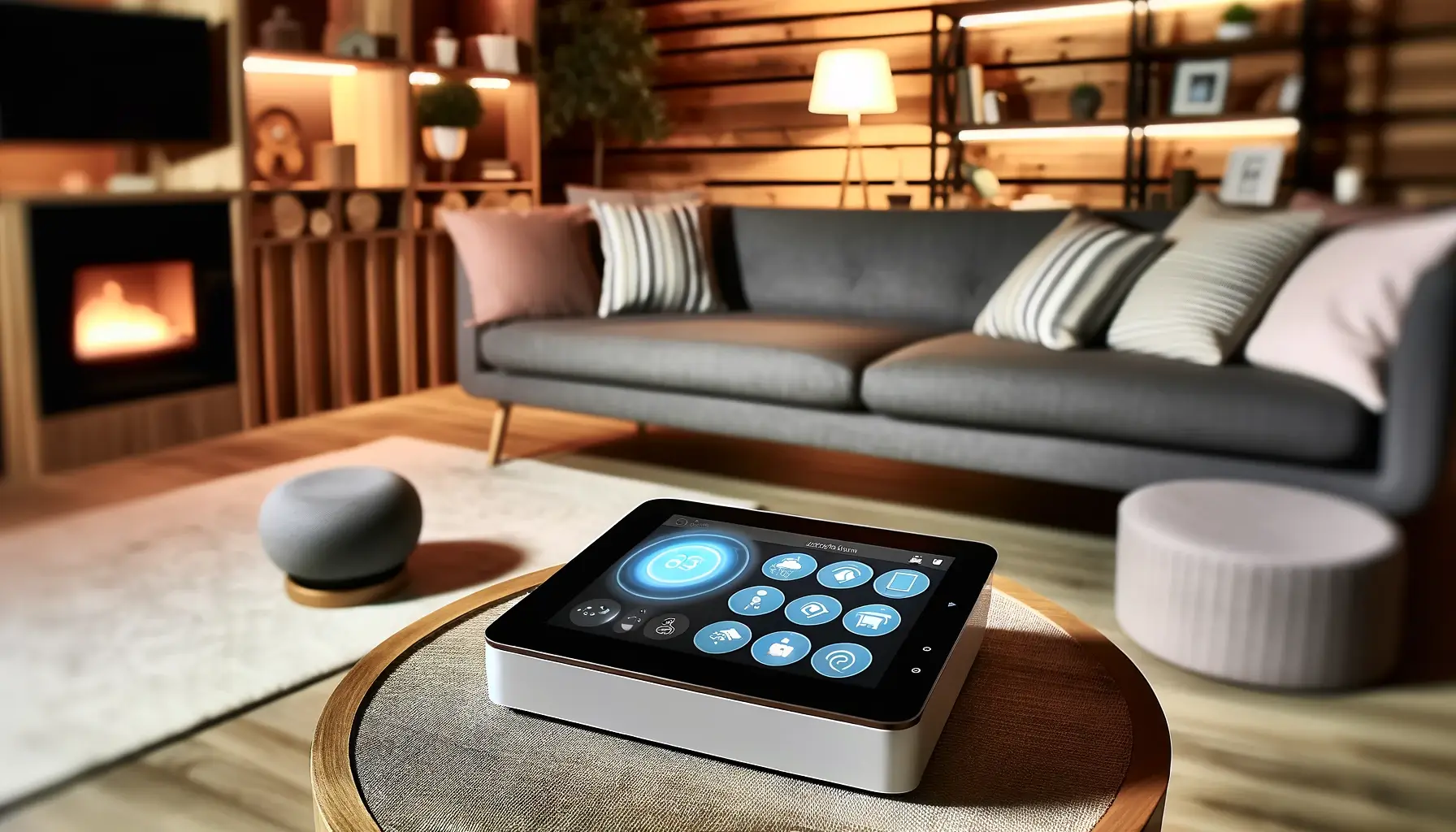In the rapidly evolving world of technology, smart home hubs stand at the forefront, revolutionizing the way we interact with our living environments. These sophisticated devices serve as the nerve center of our homes, integrating various smart devices into a cohesive system that enhances convenience, security, and efficiency. This comprehensive article delves into the intricacies of smart home hubs, from their fundamental operations to the advanced features that set them apart.

Introduction to Smart Home Hubs
The concept of smart home automation has been a game-changer in modern living. Smart home hubs, central to this revolution, offer an unprecedented level of control and connectivity. They allow homeowners to manage lighting, climate, entertainment systems, and security devices through a single interface.
What Are Smart Home Hubs?
A smart home hub is essentially a bridge that connects disparate smart devices, enabling them to communicate with one another and with the user. It supports various communication protocols such as Zigbee, Z-Wave, Wi-Fi, and Bluetooth, ensuring compatibility with a wide range of devices from different manufacturers.
Benefits of Smart Home Hubs
The advantages of incorporating a smart home hub into your living space are manifold. Centralized control means managing all your devices from one platform, eliminating the need to juggle multiple apps. Enhanced security comes through integrated monitoring solutions that provide real-time alerts and surveillance, offering peace of mind. Furthermore, smart home hubs facilitate energy savings by allowing for the automation of lights, thermostats, and appliances, ensuring they are used optimally and efficiently.
The Core Technologies Behind Hubs
Smart home hubs utilize cutting-edge wireless communication protocols to interact with a myriad of devices. This section explores the roles of Zigbee, Z-Wave, Wi-Fi, and Bluetooth in smart home automation, highlighting the importance of a hub’s ability to support multiple protocols for comprehensive device compatibility.
Choosing the Right Smart Home Hub
Selecting the ideal smart home hub is paramount for achieving a seamless and functional smart home system. This involves considering factors such as device compatibility, user interface, ease of use, and the hub’s ability to integrate with existing and future smart devices. The right hub not only simplifies the management of your smart home but also enhances its capabilities through advanced automation and control features.
Setting Up Your Smart Home Hub
The setup process of a smart home hub is a critical step towards a fully integrated smart home. This section provides a step-by-step guide on installing the hub, configuring it to communicate with smart devices, and customizing settings to suit individual preferences and needs. Proper setup ensures that all devices work harmoniously, offering a truly automated home experience.
Advanced Features of Smart Home Hubs
Modern smart home hubs come equipped with a range of advanced features that elevate the smart home experience. Voice control, automation, remote access, and compatibility with virtual assistants like Amazon’s Alexa , Google Assistant, and Siri are explored.
Security and Privacy Considerations
As smart homes become increasingly interconnected, the importance of security and privacy cannot be overstated. This section discusses the measures smart home hubs take to protect user data and ensure secure communication between devices. Topics include encryption, secure boot, and the implementation of regular software updates to safeguard against potential cyber threats.
Future Trends in Home Automation
Looking ahead, the smart home industry is poised for further innovation and growth. This section speculates on future developments in smart home technology, including the integration of AI (artificial intelligence), the adoption of energy-harvesting devices, and the emergence of more intuitive user interfaces. These advancements promise to make smart homes even more intelligent, personalized, and energy-efficient.
Troubleshooting Common Issues
Despite the advanced capabilities of smart home hubs, users may occasionally encounter challenges. This section offers solutions to common issues such as connectivity problems, device incompatibility, and firmware update difficulties. Understanding how to troubleshoot these problems ensures that the smart home system remains operational and efficient.
Smart Home Hubs and Lifestyle
The impact of smart home hubs on lifestyle is profound, offering an unmatched level of convenience and control. This section delves into how smart home hubs can transform daily routines, from automating mundane tasks to creating personalized ambiance settings.
Conclusion
Smart home hubs are the linchpin of modern home automation, offering unparalleled convenience, security, and efficiency. As technology continues to advance, these hubs will play an even greater role in shaping our living environments. By centralizing control, enhancing security, and enabling advanced automation, smart home hubs are truly transforming the concept of home into a more intelligent, responsive, and connected space.


